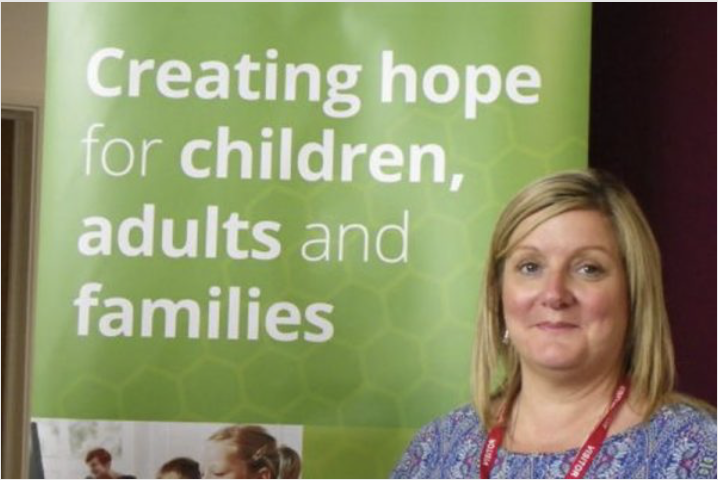If I wanted a 9-5, Monday-Friday routine then I definitely picked the wrong career.
Working in events means that yes, some of my year is spent in the office working on budgets and schedules and other things that require much excitement with Excel, but a big part of my working life is spent on site, where 12-14 hour days are the norm, and 16-18 hour days are not uncommon. On those days, ‘sleep’ is something other people have.
I know it’s not healthy. It’s not something I’d recommend but it is par for the course in my industry, so over the past 15 years, I’ve had to find ways of looking after myself as best as I can for the times when I know sleep will be in short supply.
Here is what I’ve learnt:
- You can’t ‘store up’ or ‘catch up on’ sleep. Sleeping for 12 hours the night before or the night after you sleep only for four hours does not average out and give you the same benefit as two lots of eight hours’ sleep. In fact, it will often make you feel worse. I try and get as many nights of ‘normal’ sleep as I can before I go to site (‘normal’ for me is around seven hours), and I try to resist sleeping in when I get home again. It might seem counter-intuitive, but actually, if I’m away for 4 days, and then spend another 4 days sleeping for longer, all I’m doing is doubling the period of time that my sleep is out of its normal routine.
- Another factor of being on site is sleeping in unfamiliar surroundings. This can sometimes be luxury hotels (happy days), sometimes a Premier Inn or Travel Lodge (fine – at least you know what you’re getting) but more often than not, for me it’s a tour bus. Trust me, you haven’t known insomnia until you’ve slept in close proximity to a bunch of smelly, snoring men. Ear plugs are essential.
- Eat and drink well. It’s all too easy to survive on junk and sugar when you’re running around – a can of fizzy juice here, a chocolate bar there. Before you know it, you’ve turned into a walking carb, your blood sugar levels are all over the place and you feel like a heap of crap. Drink water until you think you could sink the Titanic. Try and go for protein where you can (you’ll often find me with a bag of almonds stashed in a pocket somewhere). Avoid overdoing it on the alcohol at the end of the day – however tempting it is, even one glass will make it harder to get up the next day.
- Be kind to your body. My team (and my clients!) are pretty used to walking into a production office and finding me bent over into a forward fold to get the blood flowing or loitering on a step whilst I stretch out achy calf muscles. Taking those few minutes during the day can improve how you feel when you wake up the next day, ready to do it all again.
- Recognise that even when you know sleep isn’t plentiful, you can and should still grab moments of rest where you can. I’ve been known to take unnecessary bathroom trips so I can go and sit down in peace and quiet for five minutes. I still always have my phone with me so I can be reached if needed, but just having a few minutes where I’ve stopped can make all the difference.
- Learn what helps you wake up, whether first thing in the morning or at another point in the day when you feel yourself flagging. For me, my morning routine will always involve eye drops to stop tired, stinging eyes and a Berocca dropped into my first bottle of water of the day.
- Lastly, sleep deprivation can make it hard to make decisions, to rationalise and to think clearly. If you’re working in an already pressurised environment, don’t give yourself extra pressure by forcing yourself to make decisions quicker than you have to.
My final tip is to wash your bedding and re-make your bed before you go away because nothing, and I mean nothing, will feel better than the feeling of getting into fresh sheets on your own bed when you finally make it home after a crazy few days.
Bliss!
Thanks to our guest blog writer, Harriet for sharing her story and top tips with us. We hope it equips you to deal with a lack of sleep more effectively.
Having trouble sleeping? Why not read through the Sleep Foundation website for tips and advice?
Is something worrying you and leading to a lack of sleep? Come and talk things through with us, we’re here to listen. Check out our Breathe – In It Together page on Facebook to find out when our next sessions are running, or get in touch with us via our contact page.
Need to speak to someone urgently? Call the Samaritans on 116123.
If you are worried about how your lack of sleep is affecting your mental health, book an appointment with your GP.
Harriet Grace has worked in events all her working life and has been running Accept Management since 2012. Major clients include the Grand National and Epsom Derby and she has additionally worked across events including the 2012 London Olympics, the 2014 Glasgow Commonwealth Games, British Summer Time at Hyde Park and many more.
When she’s not working, you’ll find her walking her boxer dog, Tia, playing netball or chilling out with a box set.






